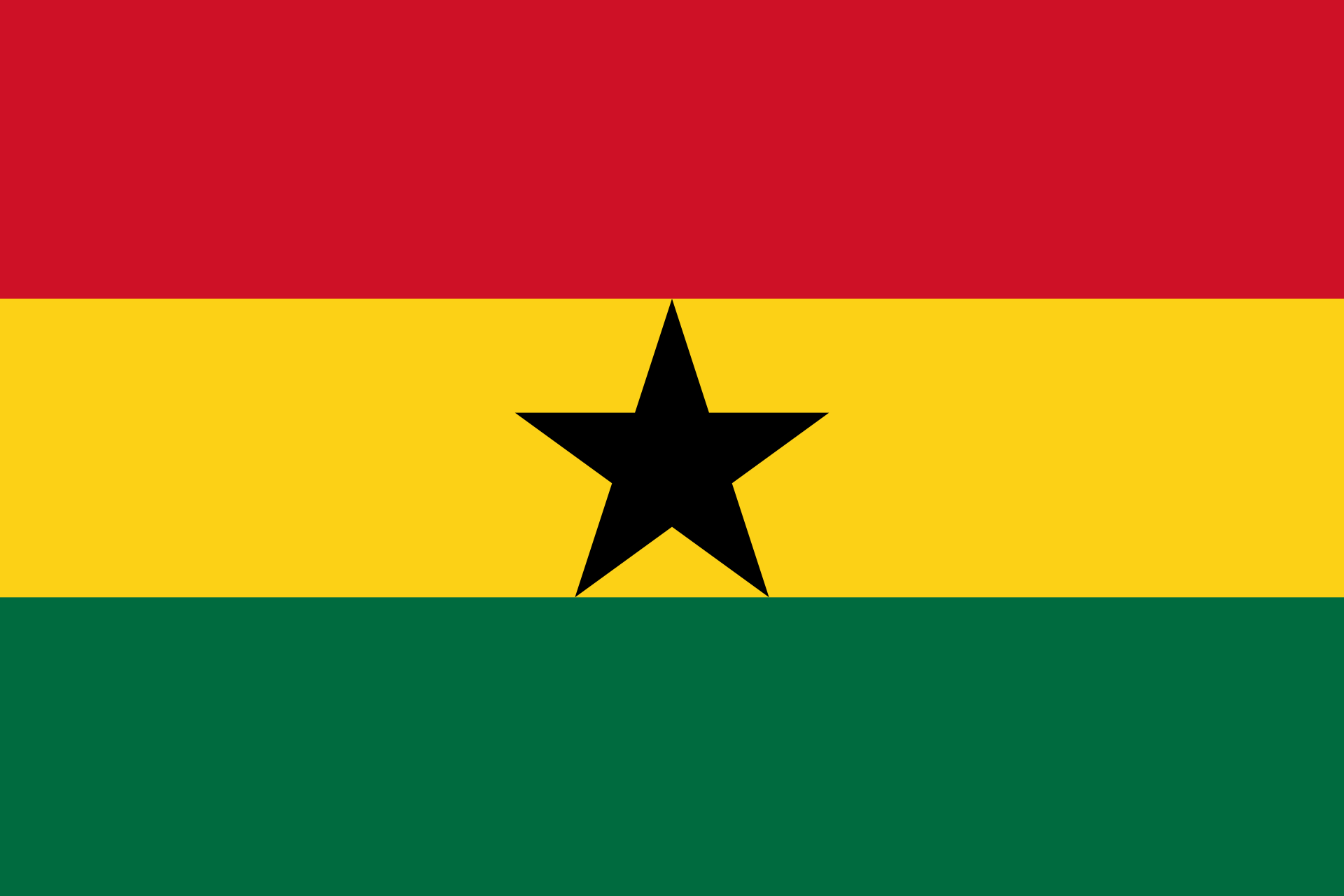Ghana
Ghana, located on the Gulf of Guinea in West Africa, is known for its rich history and diverse culture. Ghana, officially the Republic of Ghana, is a country in West Africa. It abuts the Gulf of Guinea and the Atlantic Ocean to the south, sharing borders with Ivory Coast in the west, Burkina Faso in the north, and Togo in the east.

-
Capital: Accra
Important Cities: Kumasi, Tamale, Sekondi-Takoradi
Airports:
International Air Connectivity:
Kotoka International Airport provides international connections to various destinations in Africa, Europe, and the Americas.
Domestic Air Connectivity:
Domestic flights link major cities and regions within Ghana.
Tourist Attractions:
-
Cape Coast Castle: A UNESCO World Heritage site with a haunting history related to the transatlantic slave trade. Mole National Park: Offers opportunities for wildlife viewing, including elephants.
Kakum National Park: Known for its canopy walkway and lush rainforest.
Elmina: A coastal town with beautiful beaches and a historic fishing port.
Cuisine:
Ghanaian cuisine includes dishes like jollof rice, fufu, and groundnut soup. Street food, like kebabs and waakye, is popular.
Cultural Activities:
Experience traditional music, dance, and festivals, including the vibrant Ashanti festivals in Kumasi. The country is also known for its colorful kente cloth and Adinkra symbols.
Accommodation:
-
3-Star Hotels: Examples include the La Palm Royal Beach Hotel in Accra.
4-Star Hotels: The Golden Tulip Accra is a notable choice.
5-Star Hotels: Ghana offers luxury options like the Movenpick Ambassador Hotel in Accra.
Transport Connectivity:
-
Rail: Ghana has a developing railway network, with plans for expansion.
Road: Roads and highways connect cities and regions. Buses and tro-tros (shared minivans) are common modes of transport.
Population:
Ghana’s population is estimated to be around 31 million people.
Religion:
Christianity and Islam are the major religions in Ghana, with indigenous beliefs also practiced.
Languages Spoken:
English is the official language, while Akan, including Twi, and other local languages are widely spoken.
Disclaimer:
The information above is for reference, and we do not accept any liability for inaccuracies or updates.